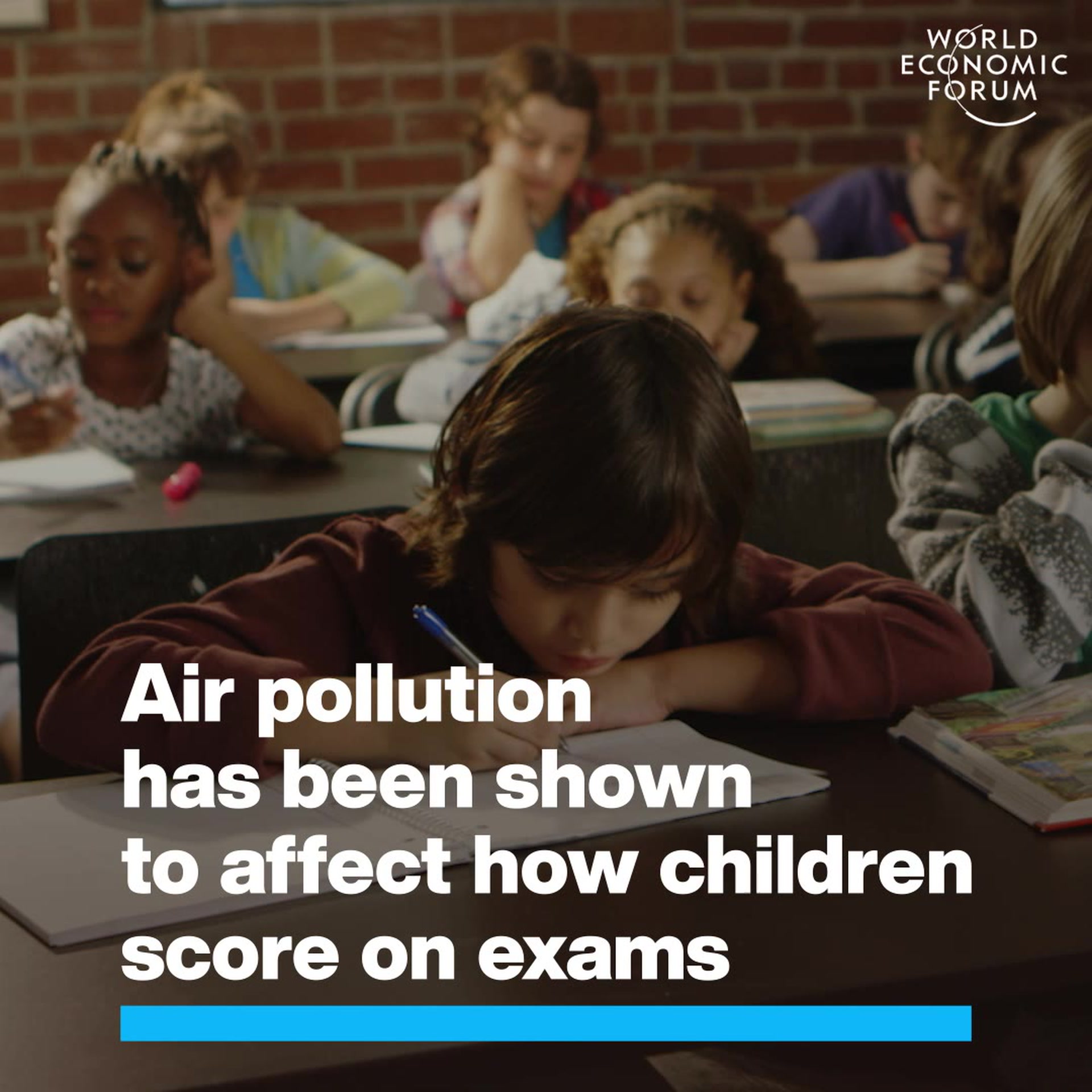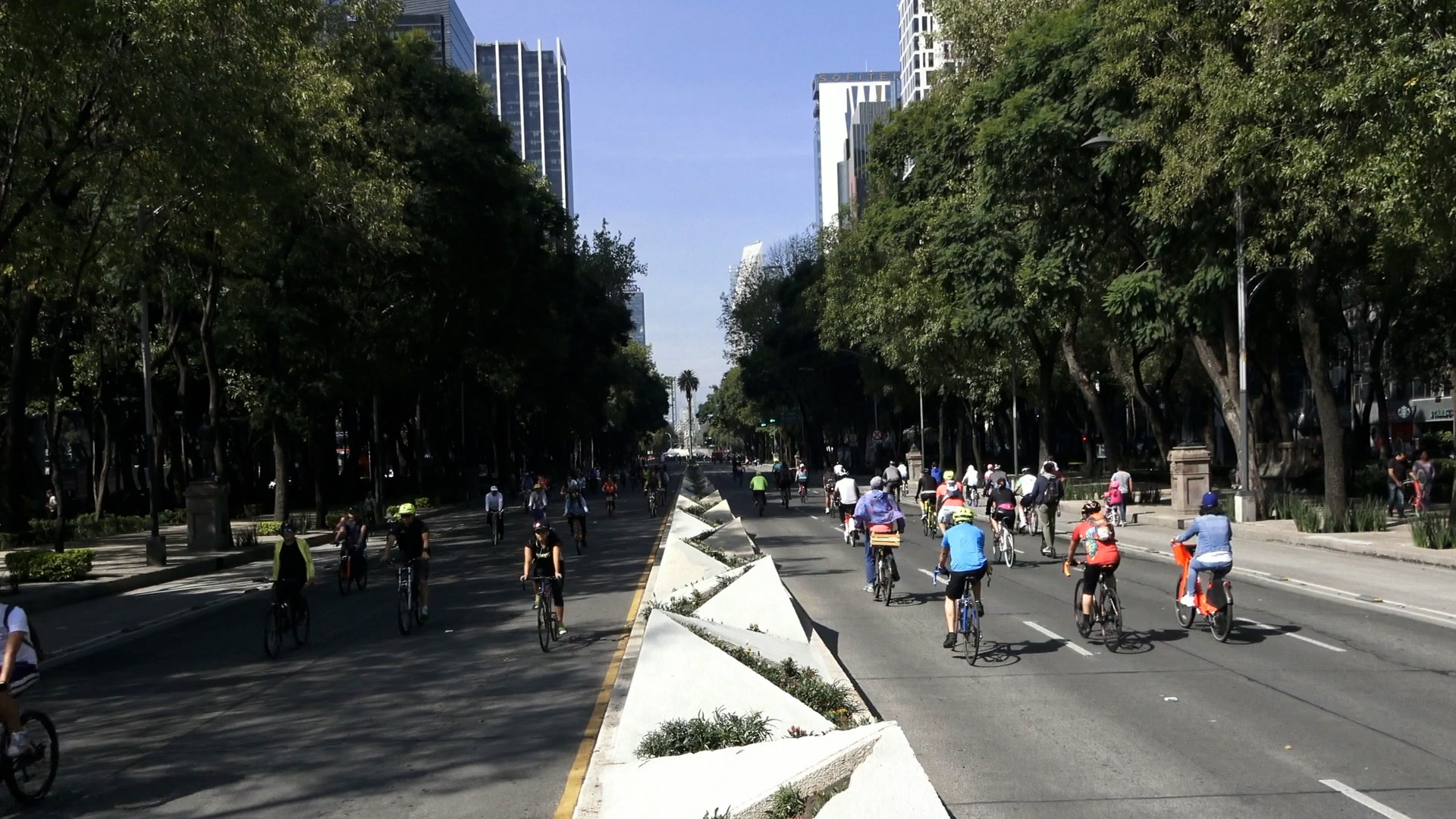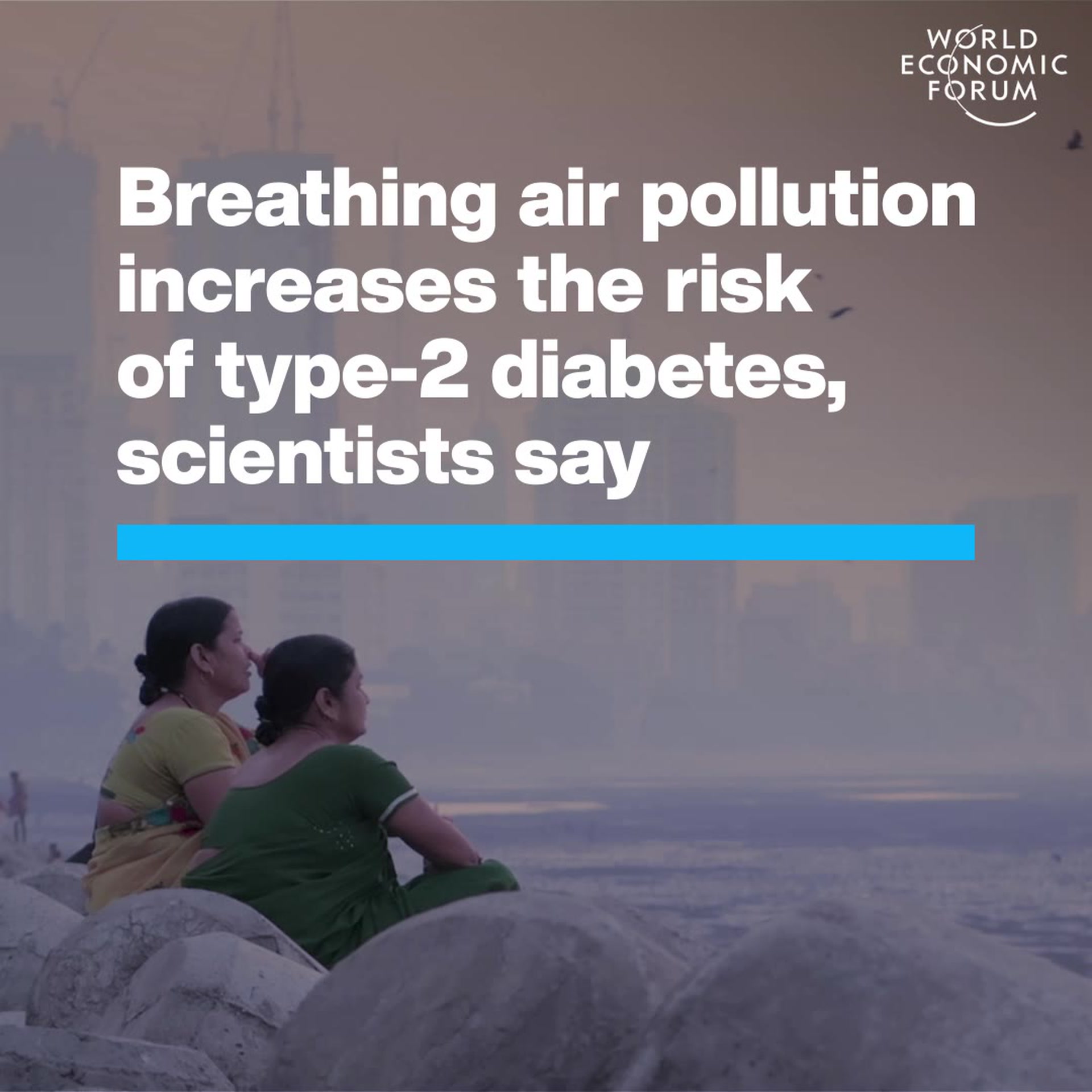Global Future Council on Clean Air
Global Future Council on Clean Air

Council mission and objectives
Air pollution is the single greatest environmental threat to human health, with World Health Organization (WHO) estimating that 99% of the world's population are breathing air that is harmful to their health. How can progress be made towards WHO guidelines through air quality monitoring and modelling, evidence-based policymaking, open governance, and citizen science?
Co-Chair
Jane Burston, Executive Director, Clean Air Fund
Tolu Oni, Director, Global Diet and Activity Research Group and Network, MRC Epidemiology, University of Cambridge
Council Managers
Roderick Weller, Project Lead, Clean Air, World Economic Forum
Shannon Engstrom, Specialist, Centre for Nature and Climate, World Economic Forum
Forum Agenda blogs
Mobilizing thought leadership for impact
The Global Future Councils serve as a brain trust for leaders from government, business and civil society, and support the Forum’s mission by bringing together experts bound by a shared mission to discuss the most critical issues, generate insights and analysis, and collaborate in shaping agendas.
Related articles

Breathe! The cities working together on air pollution and climate change
Air pollution is the silent killer, and climate change is the existential threat – in this week’s Radio Davos, we hear how cities are tackling both.

5 ways development finance institutions can accelerate clean air financing
Development finance institutions are critical to funding clean air projects. Increased collaboration and innovative financing can unlock major benefits.

Air pollution is a silent killer. Here's how cities are tackling it
Air pollution kills 13 people globally every minute. Cities are waking up to this fact, and now these initiatives are making progress to cut air pollution.

Introducing SmogStripes: An online tool to visualize and compare global air pollution
Air pollution affects 99% of humans on the planet, and is the deadliest environmental challenge we face. With SmogStripes, we can visualize and compare it.

Clean air is a valuable economic asset. Here are 4 steps to achieve it
The annual death toll due to outdoor air pollution now stands at 8 million people worldwide. Here's how we can accelerate collective action for clean air.

Why does air pollution disproportionately affect minority ethnic groups?
In the UK and the US, people of colour are far more likely to live in areas with high air pollution. This is partly due to past discriminatory decisions.

Explore strategic insights and contextual intelligence on air pollution from the World Economic Forum
The World Economic Forum developed Strategic Intelligence to help you understand the global forces at play and make more informed decisions. Explore and monitor the issues and forces driving transformational change across more than 250 areas, including economies, industries and global issues, and identify the most relevant publications, videos, data, events, initiatives and stakeholders in those areas.
Related reports
Read our reports on the range of issues we’re seeking to address



















